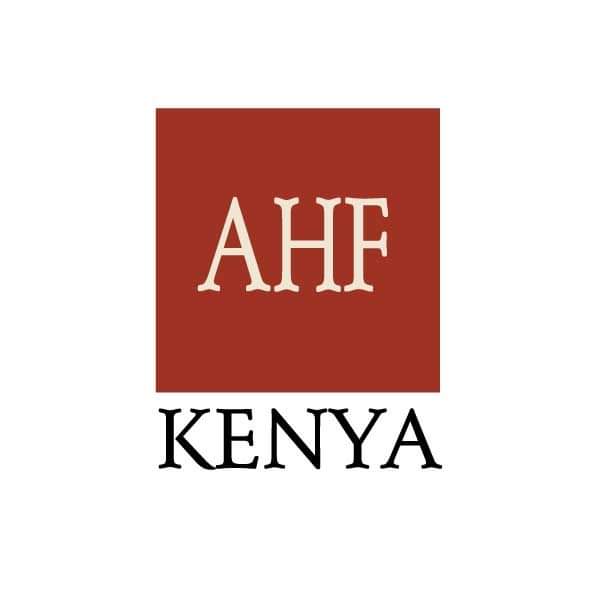Civil Society decry flawed Pandemic Agreement

In a resounding declaration against profit-driven policies at the expense of global health, the AIDS Healthcare Foundation (AHF) alongside civil society organizations, convened have condemned the deeply flawed Proposal for the WHO Pandemic Agreement.
The April 16, 2024, Proposal for the WHO Pandemic Agreement has undergone extensive negotiations, resulting in a text that has been watered down and lacks accountability.
“The recent iteration of the text is filled with platitudes, anemic in obligations, and devoid of any accountability,” remarked Dr. Samuel Kinyanjui, Country Director of AHF Kenya. The proposal, criticized by The Lancet as “shameful, unjust, and inequitable,” fails to prioritize global health security over profit-driven interests.
From May 27th to June 1st, 2024, during the World Health Assembly, UN member countries are expected to agree on a pandemic agreement. Under the present terms, only 20% of pandemic-related health products are guaranteed to the WHO, leaving the remaining 80% vulnerable to market forces. “Such an arrangement will effectively leave 80% of crucial vaccines, treatments, and diagnostics prey to the international scramble seen in COVID-19,” noted Dr. Kinyanjui. The statistics underscore the urgent need for equitable access to life-saving medical resources.
Equally troubling is the absence of effective mechanisms for accountability and enforcement. “Equity will not be operationalized without effective mechanisms for accountability and enforcement,” emphasized Mr. Timothy Wafula, Programme Manager, Kenya Legal & Ethical Issues Network on HIV and AIDS (KELIN). The proposal lacks tangible provisions for monitoring and compliance, perpetuating past failures in global health security.
Calls for accountability have been widespread, echoed by the United Nations General Assembly and prominent international bodies. “Relying solely on state self-reporting mechanisms does not work,” stated Kinyanjui. The absence of independent oversight and clear enforcement frameworks undermines the agreement’s effectiveness.
Civil society’s participation in decision-making processes remains marginalized, despite their critical contributions during past health crises. “The voices of civil society remain marginalized in the decision-making processes of the WHO and its implementation,” remarked Mr. Fitsum Lakew Alemayehu, AU Liaison Manager/CiSPHA Coordinator at WACI Health. Their inclusion is vital for meaningful participation and effective governance.
James Kamau, CEO of the Kenya Treatment Access Movement (KETAM), emphasized the need for binding financial commitments to establish a robust pandemic prevention, preparedness, and response architecture. “Without binding financial commitments and a coherent long-term financing strategy, we risk repeating the failures of the past,” warned Kamau.
As negotiations enter their final stretch, the coalition of civil society organizations urges delegates to heed the warnings of experts and take decisive action. “Empty handshakes in Geneva will not prevent another global health disaster,” concluded Kinyanjui. The time for meaningful action is now.





